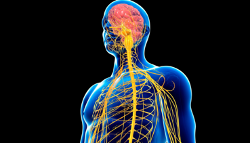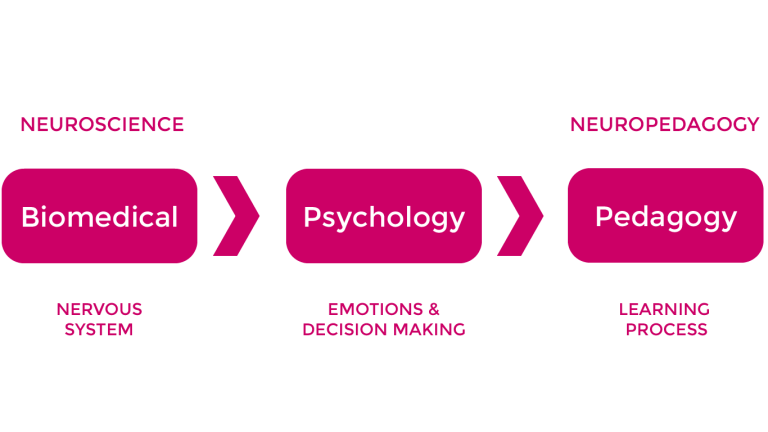1.1 Emergence of Neuroscience
The appearance of neuropedagogy is necessarily linked to the appearance of neuroscience, a term that brings together a compendium of scientific disciplines that are responsible for the study of the central and pathological nervous system (Anatomy, Embryology, Physiology, Biochemistry, Pharmacology, Psychology and Neurology) and in which, currently, other more modern scientific disciplines are joining, including Computer Science or Bioengineering.
This interdisciplinarity, which tried to combine the work of basic and clinical scientists, was especially evident in the decade of the sixties and early seventies with initiatives such as the foundation of the International Brain Research Organization (IBRO), the implementation of the teaching program of this discipline, Neuroscience Research Program , at the Massachusetts Institute of Technology in Cambridge (Massachusetts, United States) or the creation of the Society for Neuroscience, also in the United States (Paz et al. 2019, p. 209).
Although its origin has a significant biomedical meaning, marked by the study of the nervous system from different specialties, it is currently crucial for many other disciplines such as ethics, economics, politics or education (Farah, 2013).
The nervous system is made up of the brain, spinal cord, and neural networks. The goal of neuroscience is to understand how the nervous system works to produce and regulate emotions, thoughts, and behaviors, as well as basic bodily functions (Kandel et al. 2013). The nervous system is the network through which messages that arrive and leave the brain travel, which is responsible for making decisions.

During the twentieth century we witnessed the most revolutionary period in the growth and settlement of Neuroscience as a discipline, both in research and in the clinic. Such was the prominence of this science, that the last decade of the 90s was defined as “The decade of the brain”. To emphasize this, Kolb makes a reflection that subscribes to this idea: “The twentieth century belongs to Neuroscience”.
However, one of the main paradoxes that derive from this boom is the evidence that our knowledge, regarding brain functioning, is far from complete (Howard-Jones, 2014).
